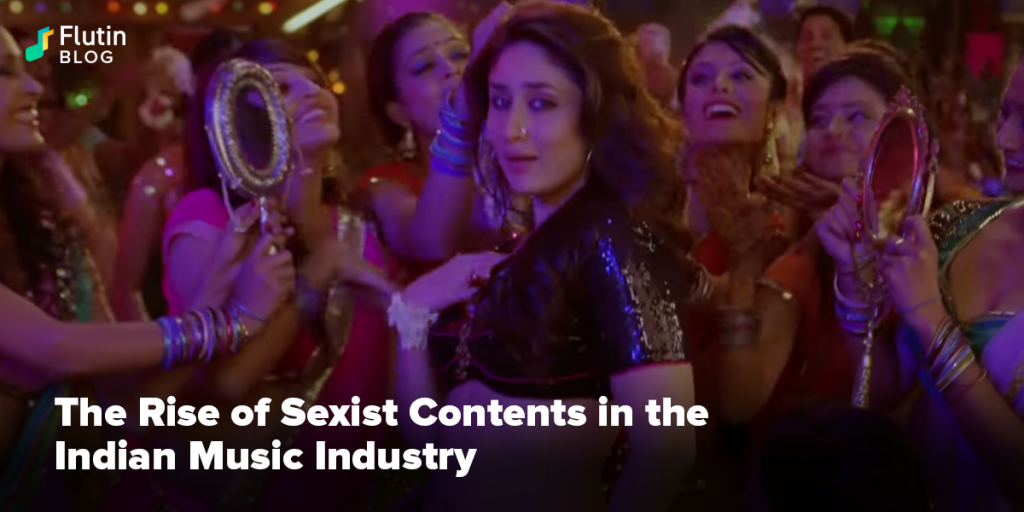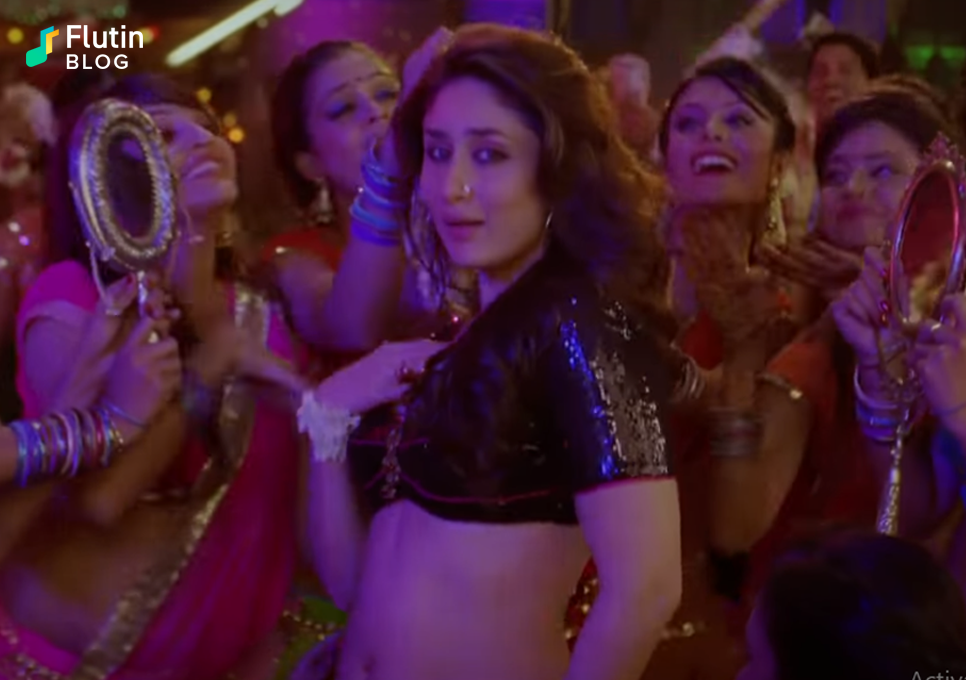It’s time for the ridiculous notions of objectification and body shaming to stop

While Indian music might be celebrated around the world for its melodies and groovy notes, the sad part is that the lyrics of certain songs subtly promote sexism that is overlooked by many. The misogynistic Indian music industry has been packaging sexism with catchy beats, popular artists, glamorous attires, megastars, spectacular dance moves and unbelievably creative video settings for so long that it seems a grand yet pathetic effort of trying to strip the focus away from its sexist lyrics. And it has managed to fool the majority of the people for decades.
The rise of sexism from the early years
Remember the songs that are considered iconic and evergreen melodies from the late 70s and 80s? Well, if you pay close attention to the lyrics, you’ll be in shock. The famous song “Kabhi Kabhi Mere Dil Mein” sung by Lata Mangeshkar and Mukesh goes on describing a sense of entitlement over the woman, claiming that she was sent on earth for him and implying that she has no purpose in life.

Again, the song “Jumma Chumma De De” may have you break out in a dance and scream out the chorus with your buddies but when you stop and think about the implications of the lyrics, you won’t feel like dancing anymore. If it still doesn’t seem wrong to you, then imagine a bunch of men demanding a kiss from you. Enough said!
From stalking to public harassment, there are tons of sexist songs of the 80s and 90s that would require a whole other list.
Where sexism stands in the music industry today
The scenario has only gotten worse from the 80s and 90s. When people start celebrating and showing their support for artists like Yo Yo Honey Singh who promotes all the wrong things from racism to body shaming, you start feeling like there’s no moving on for the better from this. And the ridiculous item numbers still continuing to objectify women state the pathetic mindset of the people belonging to the Indian music industry. From the song Fevicol Se that referred to women as “tandoori murgis” ready for consumption to Laila Main Laila depicting women as objects of sexual desire, it’s just concerning and sad to see what society has been listening to.

A part of the blame also goes to the listeners for not understanding the meaning of the songs they are being exposed to (while being fully capable of knowledge and understanding) and encouraging such songs by making them popular and successful.
Music influences society, its values and its behaviour to a very large extent, especially teenagers and young adults. However, the sad reality is that the songs that rank high on the charts do next to nothing to bring about some real change. The encouragement of stalking, teasing, forcing, public harassing, objectifying, molesting, discriminating, fat-shaming and the notion that this is all okay has to stop right now. And both music creators and listeners together can bring about the much-needed change in the Indian music industry. So the next time you listen to a song, try to genuinely understand what it’s implying and raise your voice if you see anything wrong with the message of the song.
